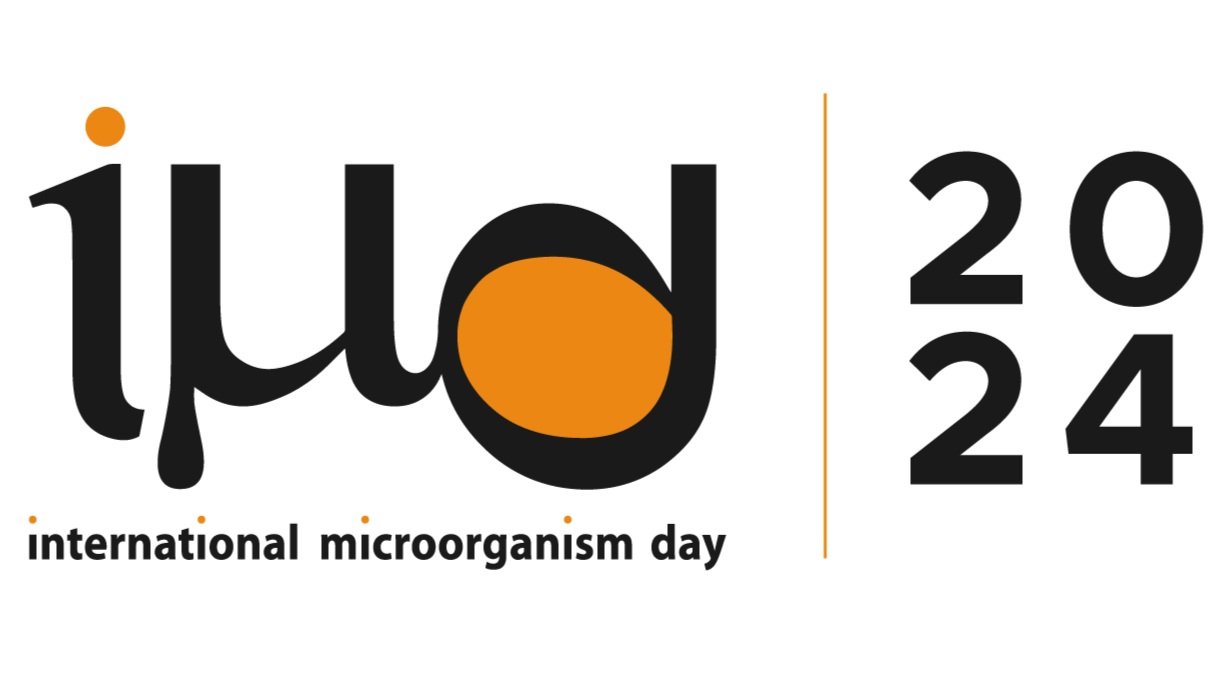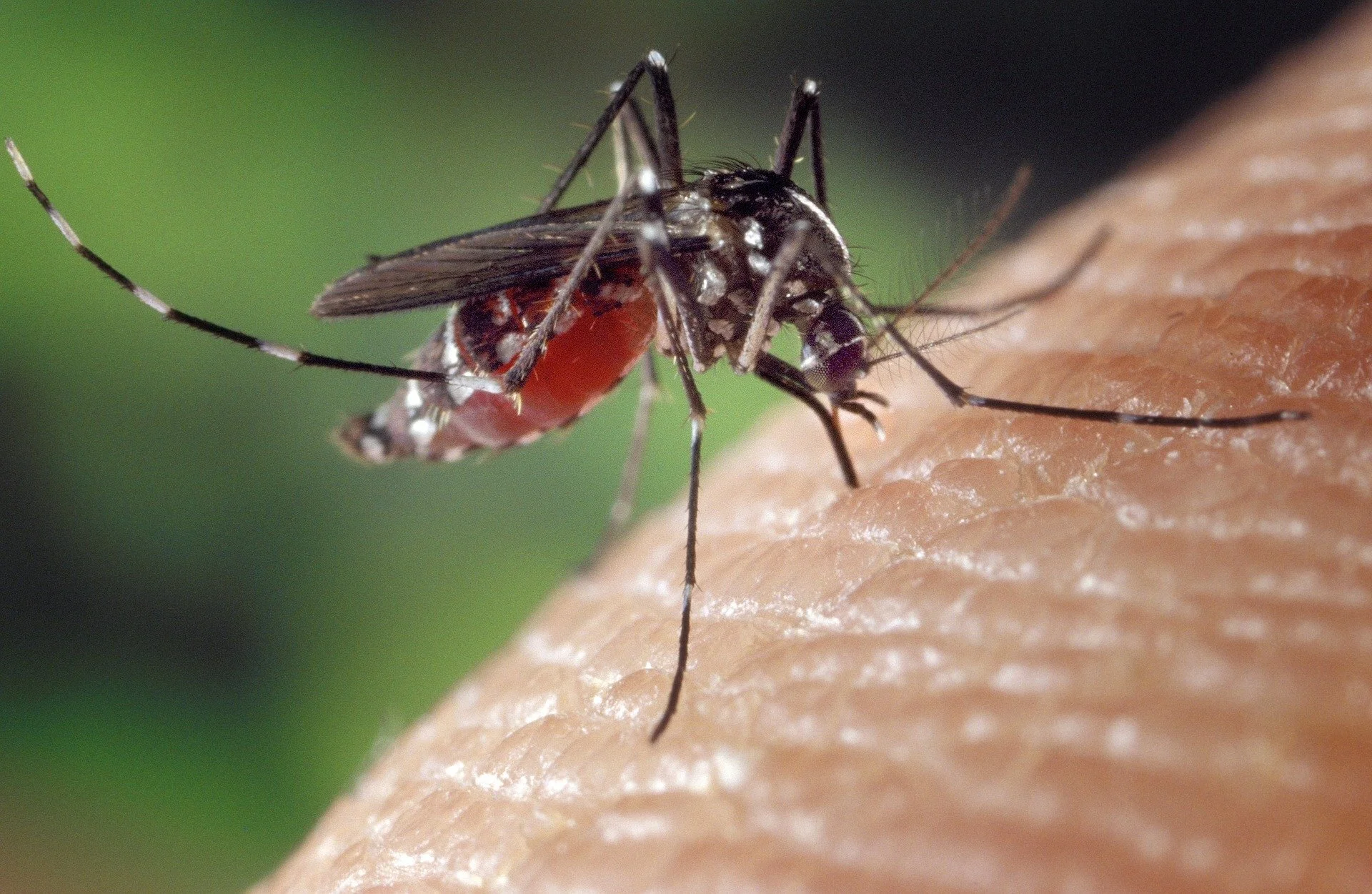5 Times Microbes Came to the Rescue of Human Problems!
5 times microbes came to the rescue of human problems!
by Priyanka Dasgupta
Besides stirring up that tasty batch of bread and beer, here are 5 ways microbes have helped biotechnology take the leap forward.
1) Playing detective
Microbes can be pretty busy organisms: eating, living and fighting crime. A 2014 study in the Journal of Microbiological Science, showed that microbes living on a dead body evolve in a certain way. Thus, backtracking the patterns might help forensics determine the time of death. Previously, investigators would often study microbes or insects taking over the body from the external environment of the corpse, to predict time or place of death.
Scientist counting the number of virus particles seen in white. Source: Photo by CDC on Unsplash
In this study however, the internal microbes are in the spotlight. Things like, how far have the gut microbes traveled or colonised other internal organs could be an indicator. The team also found that there were more individual variations between the bodies’ microbial signatures. These variations existed because of time elapsed after death, and environments of the dead body. More research and large-scale studies on this are warranted. But it could help figure out if this individual variation can be used to identify unknown victims.
2) Why cry over spilt oil
Man-made oil spills can be devastating for the marine ecosystem. The 2010 BP oil spill in the Gulf of Mexico was one of the largest oil spills in the world. Also known as the Deepwater Horizon oil spill, this maritime disaster could have been far worse, if not for some oil-eating bacteria. Scientists realised that certain bacterial species, that fed on the hydrocarbon molecules of oil for energy, grew in numbers around the site of the spill. Bacterial blooms including species like Alcanivorax, Methylococcaceae, and others devoured the oil, degrading as much as they could. This reduced the impact of the disaster massively.
On studying these species, scientists found one to be especially promising for bio-remediation. Bio-remediation is the method of using microbes to clean up contaminants in soil or water. This is based on using such species that feed on the contaminants, and thus help clear the area of that undesired pollutant.
Photograph of an oil industry ship, Source: Photo by wasi1370 on Pixabay
By testing the enzymes produced by the bacteria that grow in oil-rich environments, scientists hope to maximise their bio-remediation potential. For the oil spills, the bacteria that showed most potential was the Alcanivorax borkumensis.
3) Faecal transplants to Poo Pills
Faecal matter is not by any stretch an appetizing matter. However, faecal transplants can be extremely beneficial. Sometimes, a lot of gastrointestinal problems can be caused by an imbalance in the gut bacteria of a person. A common example of this is the abdominal problems caused by the C.difficile bacteria. Usually, if a healthy gut microbiome (the composition of microbes in the human gut) is maintained, the other microbes keep this C. difficile in check. However, due to reasons like excessive antibiotic use, if the other ‘good’ microbes are killed off, it’s easier for C. difficile to reign free. At such a time, when despite oral treatments, the infection keeps coming back, one option is faecal microbial transplants (FMT). It is exactly as it sounds- the doctor will take faeces from a healthy person and transplant it in the patient’s colon. With the faeces, the ‘good’ bacteria too will hitch a ride into the patient, where they can then curb the C. difficile bacteria. The common method to do this is delivering the faeces through a colonoscopy.
However, in 2014 a paper published in JAMA, showed that this could be done using frozen FMT capsules. These odourless capsules would contain the ‘good’ bacteria taken from pre-screened healthy donors. The treatment was found to be successful in 18 of the 20 subjects studied. This would also help reduce the practical and health concerns around the faecal transplants. More studies are needed to confirm large-scale effect, but the results paint a hopeful future for these capsules, that media affectionately dubbed - poo pills!
Close up of a capsule, Source: Photo by HeungSoon on Pixabay
4) Primary colonists on Mars
A 2019 paper in FEMS Microbiology Ecology, proposed microorganisms as the potential ‘Primary Colonists’ for Mars. The paper presented this as an approach to planetary colonization. But first, the authors suggest, there is need to study which microbes could fill this role.
Microbes are what started life on earth. They play a vital role in many gaseous exchange cycles today as well, as they did when life was in its early evolutionary stages. Microbial involvement helped decompose and formulate different compounds which eventually gave way to larger life forms as evolution took its course. So, according to the paper this could be used to start the colonization of another planet.
Image of the moon and universe, Source: Photo by Mohammad Alizade on Pixabay
This research is one approach of the conceptual process of “Terraforming”. Boiled down to the basics, it means “earth-shaping” which would involve deliberate modification of various planetary conditions like the atmosphere, surface etc. of the planet to make it more ‘earth-like’.
These at the very best are currently conceptual arguments. There are policy issues. For instance, often there’s a no-contamination guideline, protecting the target and source planets. This includes not contaminating any extra-terrestrial planet with earthly microbes. Besides, evolution involves random mutation and with the extreme conditions and radiation present on Mars, who knows what path life can be set on? A lot of research is still required on which specific microbes would be beneficial in helping colonize Mars. Ideally, extremophiles – microbes that can survive in extreme conditions here on earth, are being studied to understand the mechanisms these organisms use to stay alive in toxic conditions similar to as would be on Mars.
5) Infiltrating the mosquito gang
Mosquitoes can be extremely annoying, and not just because of the constant buzzing. Mosquitoes are vectors, who can carry a lot of disease-causing pathogens.
However, what’s interesting is that the pathogen usually takes a long time to develop inside the mosquito. Once fully developed, they can be transmitted to a human host. If the lifespan of these mosquitoes is shortened before the pathogen is fully developed, it can help prevent the spread of many diseases like dengue and malaria.
In 2009, a Science paper reported how scientists had devised an ingenious way to achieve this shortening of life in the Aedes aegypti species of mosquitoes. This is the species responsible for the spread of dengue fever. They infected the mosquitoes with a bacterial strain, Wolbachia that could stably live in the mosquito. It was seen that Wolbachia, halved the adult lifespan of the mosquitoes. What’s more, Wolbachia is inherited across generations. So, releasing mosquitoes infected with these life-shortening bacteria, can help these species of mosquitoes take over. This would allow the short-lived mosquitoes to competitively reduce the population of the dangerous disease-causing ones.
Image of an Aedes aegypti mosquito. Source: hoto by Fotoshoptofs on Pixabay
This is just the tip of the iceberg. These little microbes keep stepping in as solutions for human challenges all the time. See which others you can find!





